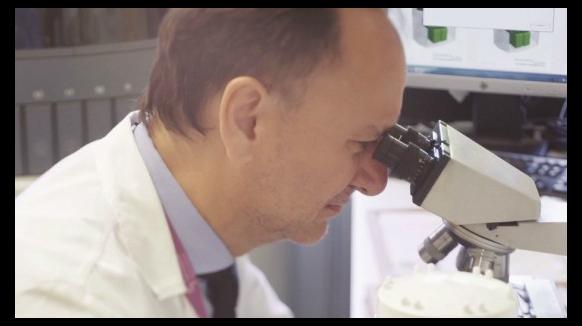Vall d'Hebron identifies a key protein to prevent breast cancer metastases
Comparteix aquest contingut
Related professionals
Dra. Inés Mª
de Torres Ramírez
de Torres Ramírez
Dra. Inés Mª
de Torres Ramírez
de Torres Ramírez
Dra. Alexandra
Navarro Jiménez
Navarro Jiménez
Dra. Carolina Paz
Montecino Romanini
Montecino Romanini
Dra. Carolina Paz
Montecino Romanini
Montecino Romanini
Dra. Luisa Sofía
Silva Alcoser
Silva Alcoser
Dra. Luisa Sofía
Silva Alcoser
Silva Alcoser
Dra. Jessica
Camacho Soriano
Camacho Soriano
Dra. Jessica
Camacho Soriano
Camacho Soriano
Dra. Irene
Sansano Valero
Sansano Valero
Dra. Irene
Sansano Valero
Sansano Valero
Dra. Irma
Ramos Oliver
Ramos Oliver
Dra. Irma
Ramos Oliver
Ramos Oliver
Dra. Maria Teresa
Salcedo Allende
Salcedo Allende
Dra. Maria Teresa
Salcedo Allende
Salcedo Allende
Dra. Elena
Martínez Sáez
Martínez Sáez
Dra. Elena
Martínez Sáez
Martínez Sáez
Dra. Carmela
Iglesias Felip
Iglesias Felip
Dra. Carmela
Iglesias Felip
Iglesias Felip
Translational Molecular Pathology
Dr. Jordi
Temprana Salvador
Temprana Salvador
Dr. Jordi
Temprana Salvador
Temprana Salvador
Dra. Marta
Garrido Pontnou
Garrido Pontnou
Dra. Marta
Garrido Pontnou
Garrido Pontnou
Dra. Ma. Eugenia
Semidey Raven
Semidey Raven
Dra. Ma. Eugenia
Semidey Raven
Semidey Raven
















